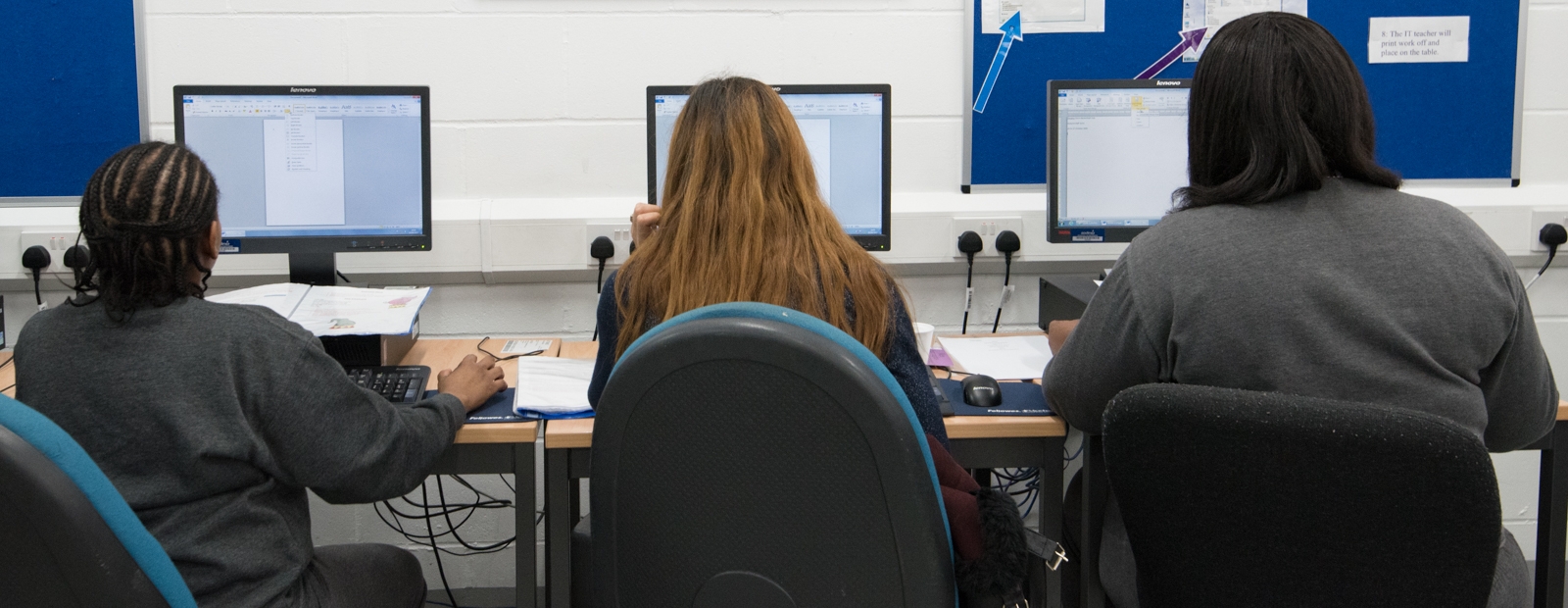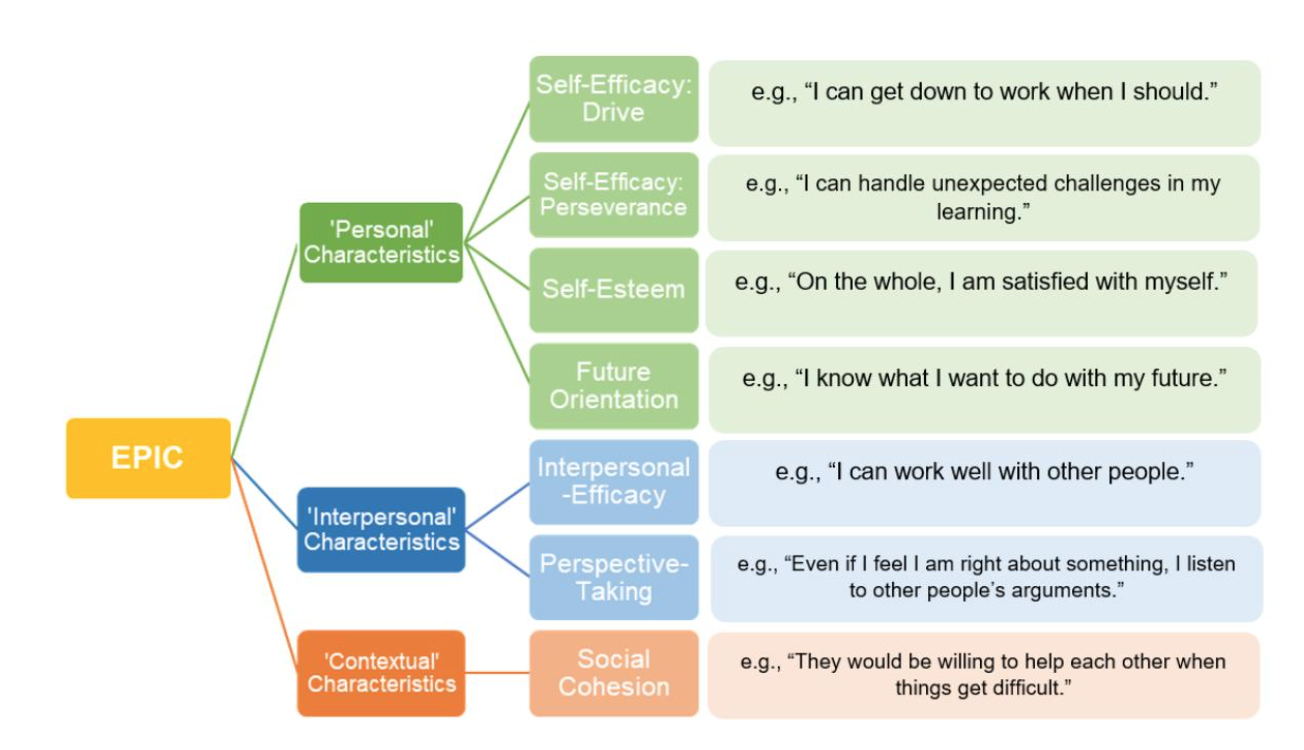
Learning Together began in 2014 as an action research initiative. Through our research, we aimed to develop a valid questionnaire that could be reliably used to evaluate the experiences and growth of students – based both in prisons and at universities – as they participate in Learning Together.
We wanted to collect the kind of data that might reliably measure what is happening for students who Learn Together. Our hope is that data gathered through this validated scale will, in the future, help to explain which aspects of growth through Learning Together help to support positive future outcomes for learners. This knowledge will also help us to design our educational offerings in the best ways possible to support this growth.
In this PDF we describe the background research underpinning the EPIC scale, the findings of our study to validate this scale, and the ways in which the EPIC scale can be used to evaluate students’ experience of learning.
Learning Together was designed on the basis of existing theory about processes of growth and change, informed by transformational learning, desistance and intergroup contact theories. Through working from this theoretical basis, and informed at every stage by our student’s grounded experiences, the research team sought to create and validate a questionnaire to measure student’s growth across personal, interpersonal and broader contextual factors.
In particular, the aim was to capture changes in how students feel about themselves, how they interact with others, and to what extent they experience their broader social context as supportive of their learning and personal development. There is currently no single assessment tool that can measure these important concepts concurrently in a learning context, even though research on processes of transformative learning within higher education and criminal justice settings suggests these factors alone, and together, are important indicators of positive change.

The results of our validation analysis to date suggest that the newly developed EPIC scale is a valid questionnaire that can reliably evaluate the personal, interpersonal, and contextual experiences of students. More specifically, the EPIC scale allows us to continuously track each student’s individual development and interpersonal experiences within the learning environment, understand how students are experiencing their broader social context, including interaction between these factors over time.
Thus, we have been able to assess whether changes in one component are related to changes in another. For example, the EPIC scale can accurately detect incremental personal improvements (e.g. increased self-esteem), and its relationship with other improvements, such as the ability to interact with others (interpersonal efficacy and perspective taking).
We look forward to continuing to use the EPIC scale with current and future Learning Together student cohorts. Our digital learning platform, developed in partnership with Coracle Inside, allows students to use these scales to self-assess their own growth through learning and get results in real time. It also allows students, if they so choose, to easily and anonymously contribute their data to the broader evaluation.
We will continue to evaluate this data to further refine the scale, and, through propensity score matched data from the Department for Education and Ministry of Justice, to identify what aspects of student growth are most important to supporting the kind of positive transformations our criminal justice and education systems care about.
We would welcome approaches from organisations who believe this scale could help them to measure the outcomes of their work with different student bodies. If you are interested to learn more please contact Dr Ruth Armstrong on ra299@cam.ac.uk.
Read the research in full here.